TIPS ABOUT HEPATITIS #AIR-CLINIC
Hello fellow steemians, this is @w4c once again and I will be talking about hepatitis today. One of the deadly diseases that us killing many people in this world is Hepatitis. So as steemians, we have be aware of it so that we can take preventive measures.
What is Hepatitis?
Hepatitis is an inflammation of the liver. It may be caused by drugs, alcohol use, or certain medical conditions. But in most cases, it's caused by a virus. This is known as viral hepatitis, and the most common forms are hepatitis A, B, and C. The liver's functions include detoxifying the blood, storing vitamins, and producing hormones. Hepatitis can disrupt these processes and create severe health problems throughout the body.
At least five viruses can cause hepatitis.
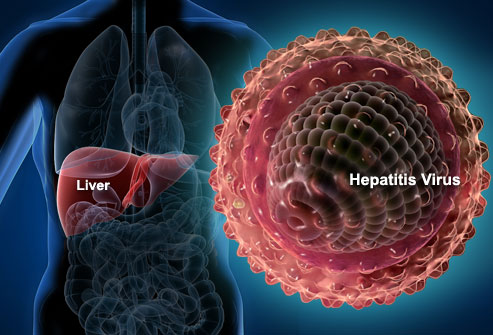
Image source
Types of Hepatitis
Apart from hepatitis A, B and C, there other types as well.
The five main types hepatitis are
A, B, C, D and E.
Now we will discuss briefly about each of them.
Hepatitis A
Hepatitis A is a highly contagious liver infection caused by the hepatitis A virus. The virus is one of several types of hepatitis viruses that cause inflammation and affect your liver's ability to function.
You're most likely to get hepatitis A from contaminated food or water or from close contact with a person or object that's infected. Mild cases of hepatitis A don't require treatment. Most people who are infected recover completely with no permanent liver damage.
Practicing good hygiene, including washing hands frequently, is one of the best ways to protect against hepatitis A. Vaccines are available for people most at risk.
Symptoms
-Fatigue
-Sudden nausea and vomiting
-Abdominal pain or discomfort, especially on the upper right side beneath your lower ribs (by your liver)
-Clay-colored bowel movements
-Loss of appetite
-Low-grade fever
-Dark urine
-Joint pain
-Yellowing of the skin and the whites of your eyes (jaundice)
Intense itching.
Hepatitis B
Hepatitis B is one of the most deadliest types of hepatitis.
It is transmitted through exposure to infective blood, semen, and other body fluids. HBV can be transmitted from infected mothers to infants at the time of birth or from family member to infant in early childhood. Transmission may also occur through transfusions of HBV-contaminated blood and blood products, contaminated injections during medical procedures, and through injection drug use. HBV also poses a risk to healthcare workers who sustain accidental needle stick injuries while caring for infected-HBV patients. Safe and effective vaccines are available to prevent HBV.
Symptoms
-fever
-joint pain
-fatigue
-nausea
-vomiting
-loss of appetite
-abdominal pain
-dark urine
-clay-colored stools
-jaundice , or a yellowing of the skin and whites of the eyes
Hepatitis C
Hepatitis C is a contagious, viral liver disease. It is the most common blood-borne disease in the United States, and most people with hepatitis C do not realize that they have it.
The disease spreads by blood-to-blood contact, and primarily by the use of injectable drugs. There are immunizations against hepatitis A and B, but not C. To prevent infection, it is necessary to avoid exposure to the hepatitis C virus (HCV).
If the virus does not clear within six months, the infection becomes chronic and only curable with medication.
Symptoms
Normally hepatitis C doesn't exhibit any symptoms at the initial stage but the following are the symptoms of acute hepatitis C
-Fatigue, Nausea & vomiting
-Pain or discomfort in abdomen, especially in the right area beneath lower ribs
-Grey-colored stool
-Loss of appetite
-Dark urine
-Jaundice – appears in only 20-30% of the infected population
Hepatitis D
Hepatitis D – known as "hepatitis delta" - is a liver infection caused by the hepatitis D virus that results in the most severe form of viral hepatitis known to humans. Only those already infected with hepatitis B, however, can acquire hepatitis D, as it is dependent on the hepatitis B virus to reproduce.
Worldwide, more than 240 million people live with hepatitis B and of this number, an estimated 15-20 million are also infected with the hepatitis delta virus (HDV). Hepatitis D infections lead to more serious liver disease than hepatitis B infection alone. It is associated with faster progression to liver fibrosis, increased risk of liver cancer, and early decompensated cirrhosis and liver failure. Let's note that there is no vaccine for hepatitis D but hepatitis B vaccine can be taken to help prevent it.
Symptoms
-yellowing of the skin and eyes, which is called jaundice
-joint pain
-abdominal pain
-vomiting
-loss of appetite
-dark urine
-fatigue
Hepatitis E
The last type of hepatitis to talk about is Hepatitis E
Hepatitis E is a potentially serious acute disease. It is caused by the hepatitis E virus (HEV). The virus targets the liver.
It is more common in developing countries. Hepatitis E usually resolves itself, but may develop into acute liver failure.
symptoms include:
-yellowing of the skin (jaundice )
-dark urine
-joint pain
-a loss of appetite
-pain in the abdomen
-liver enlargement
-acute liver failure
-nausea
-vomiting
-fatigue
-fever
Most cases of hepatitis E are caused by drinking water contaminated by fecal matter. Living in or traveling to countries with poor sanitation can increase your risk.

Image source
Is there a vaccine for hepatitis?
There is a vaccination available for Hepatitis A.
This is rerecorded if you are at high risk of infection or if you're travelling to a country where the disease is common.
There is also a vaccine for Hepatitis B which is recommended for people in high risk groups.
High risk groups include health care workers, people who inject drugs, men who have sex with men and children whose mothers are infected.
There is currently no vaccine for Hepatitis C, D or E.
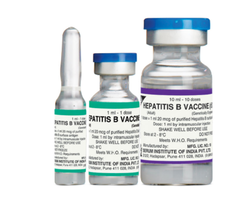
Image source
The best way to prevent hepatitis is to be vaccinated.
Thanks for reading
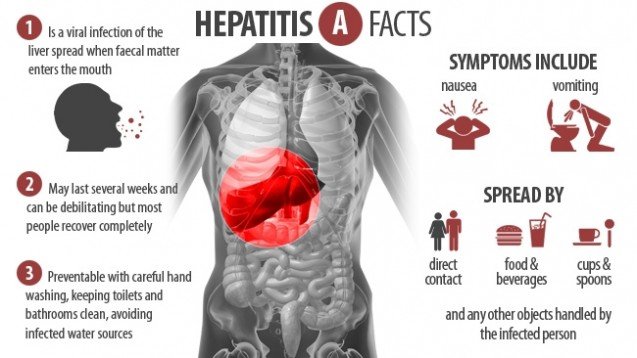
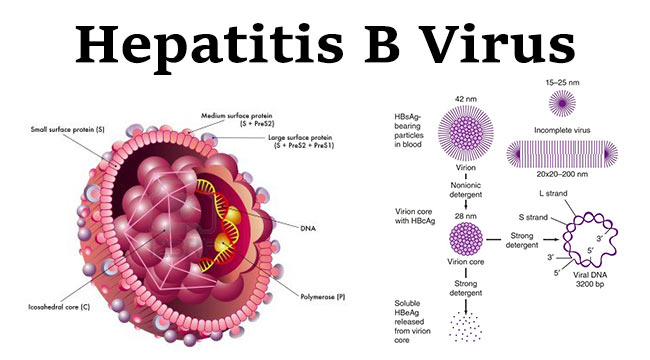
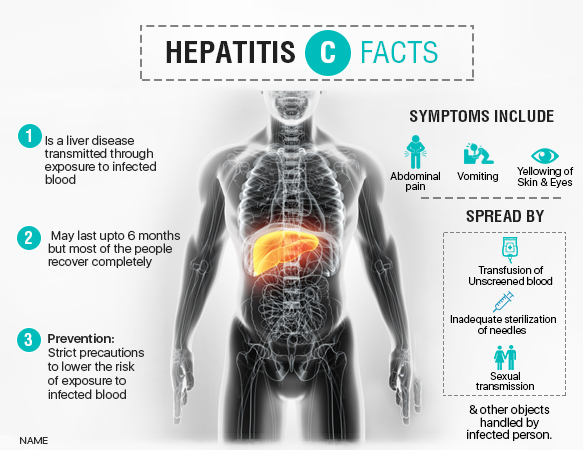

thanks for this well detailed insight on hepatitis.
You're welcome
Wow! you have indeed spend time in preparing this post, didn't know some of the things you have shared to be causes of Hepatitis, thanks for this informative and educative post @w4c
You're welcome @collinz.... More health tips to come
Its very informative indeed...thanks for serving us with this @w4c
You're welcome @mcsamm